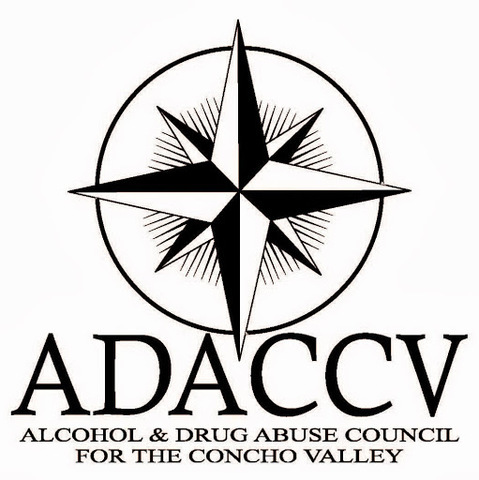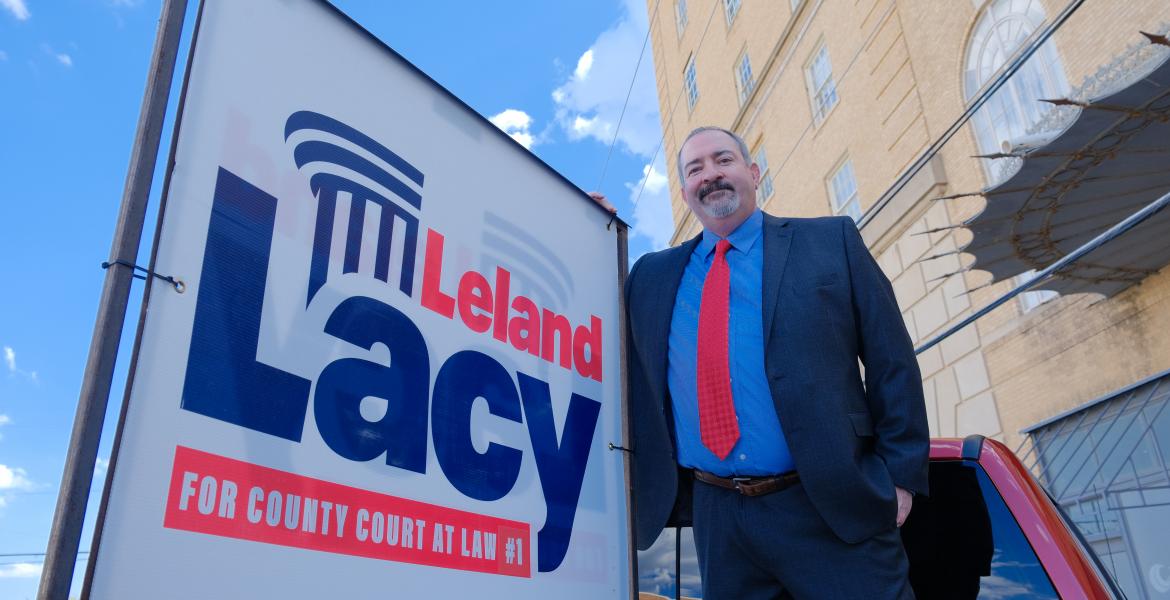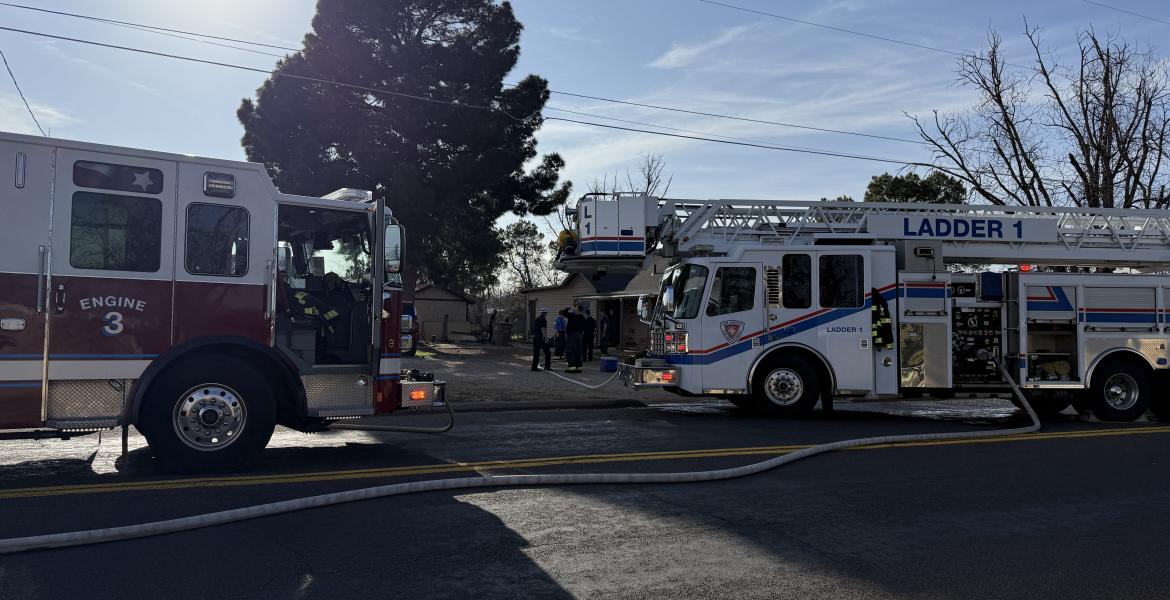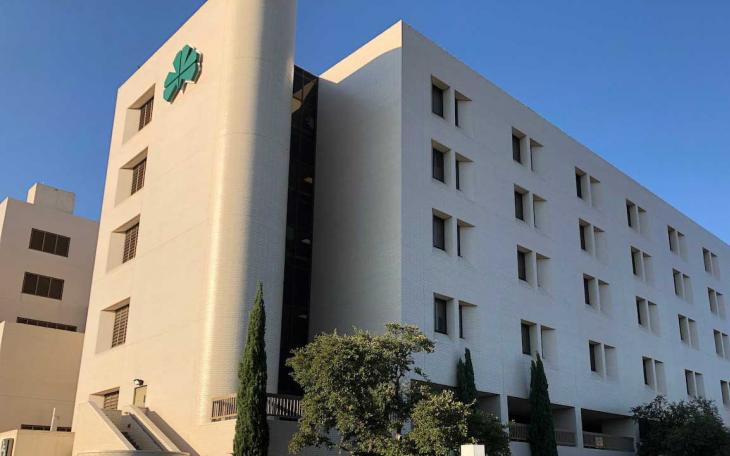Pill popping is sweeping the nation. In America, the prescription [Rx] drug problem is continuing to grow. Just last month, a New Mexico man robbed the CVS downtown by knife for a dose of pain medication. Not to mention, there are a large number of San Angeloans who go to the Shannon Emergency Room on a regular basis complaining of aches and pains so they can get a shot of something that makes them feel good. That's happening more often at all hospitals across the nation.
The misuse and abuse of prescription medications in the United States remains high, especially among young adults from ages 18 to 24. Just in 2014, 1,700 young adults died from an Rx overdose (that’s nearly five people per day). The number of deaths due to Rx overdoses have increased fourfold since 1999.
The National Institute of Drug Abuse (NIDA) gives plenty of information about prescription drug abuse. Officials say that “for every death due to an Rx drug overdose, there were 119 ER visits and 22 treatment admissions.”

Most overdoses are caused from opioid drugs. Opioid pain relievers are Fentanyl, Hydrocodone, Oxycodone, Oxymorphone, Hydromorphone and Diphenoxylate. Other prescription drugs that are abused are ADHD stimulants and anti-anxiety drugs.
In San Angelo, there are clinics that want to help people find a new path in life that does not include prescription drugs. The West Texas Counseling and Guidance Center (WTCG) and the Alcohol and Drug Abuse Council for the Concho Valley (ADACCV) are located within San Angelo to help people who want to better themselves. WTCG uses Cognitive Behavioral Therapy (CBT) or a 12-step program to assist its patients. CBT looks at the relationship that substance abuse has on a patient.
Dusty McCoy, Executive Director of WTCG, explained that substance abuse is a negative coping error, or a faulty coping behavior. Also, having to endure pain can lead to a negative coping error that makes someone turn to drugs.

McCoy said, “There is some sort of trigger; then there is an automatic thought. An automatic thought can be something like, “I can’t handle the pain"; "I’ll never get through this;” or, “I’m more productive on medication.”
After the automatic thought, an urge occurs. The urge would be for the craved substance. As patients go through therapy, they are told that cravings are only physical.
“We try to get them to realize that, at those times, an urge is just temporary and it doesn’t stay at the same intensity," said McCoy. "If you delay and don’t act on it, you can get through it.”
Paulette Shell, the Program Development Director of ADACCV, gave her personal insight on how her staff helps their patients suffering from substance abuse.

The ADACCV has an intensive residential facility as well as outpatient counseling. Shell advised that the first step is to give them a call. Then faculty there will assess the patient's symptoms, and place him or her into the appropriate counseling structure.
Along with counseling, Shell gave examples of what people can do to distract themselves from their bodies craving from prolonged substance abuse.
When people exercise, it helps release endorphins, stress, hormones and chemicals that help people heal. Overall, exercise has been proven to be a stress and pain reliever. Meditation is also a way to relax the body and focus on being healthier. Meditation is the acct of silencing yourself and focusing on something else. Shell also said that picking up hobbies can create a better lifestyle as well.
“Basically you are replacing one behavioral attitude/crutch with something else that is healthier and still gives you the happiness that you are looking for,” Shell said.
In San Angelo, there are more facilities that specialize in substance abuse. WTCG and ADACCV are only two out of the many possible facilities.
Shell noted, “We have people who are seeking treatment, and we know that treatment works and that recovery is possible; that is why we are here.”
For those individuals struggling with opioid addiction, or have a family member or friend struggling, people can call WTCG at (325)944-2561. They can also visit http://www.sanangelocounseling.org/. ADACCV can be reached at (800)880-9641, or visit http://www.adaccv.org/.
Subscribe to the LIVE! Daily
Required






Post a comment to this article here: